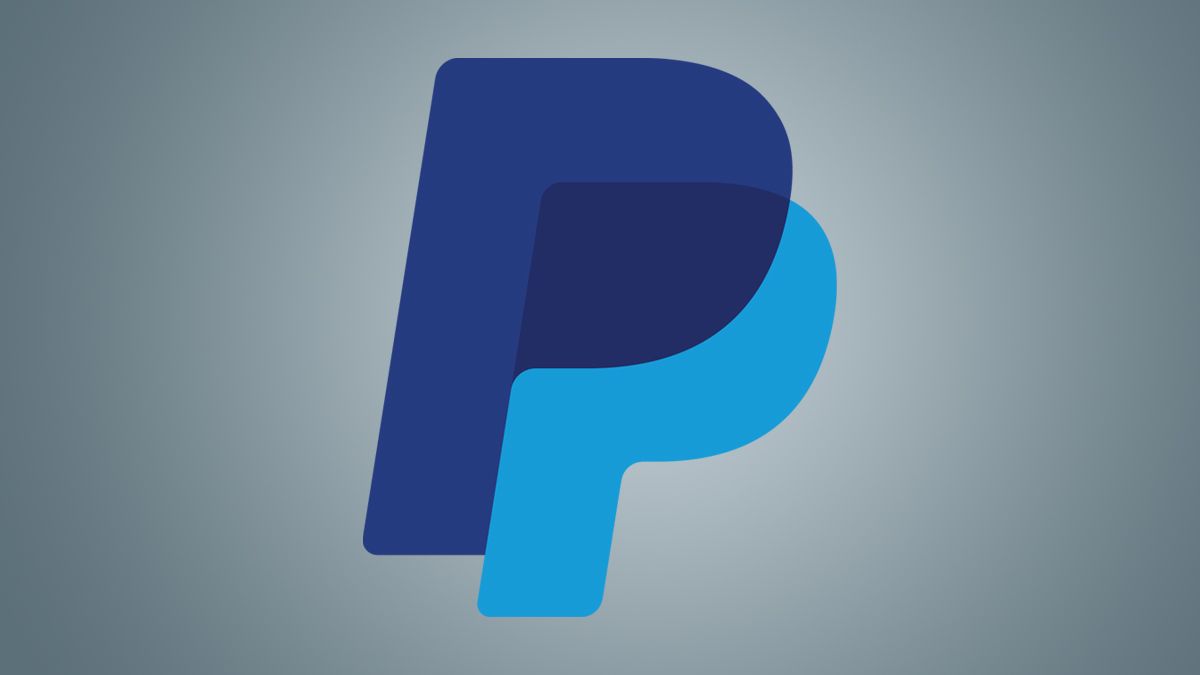PayPal has offered its own cryptocurrency for a while, called PayPal USD, intended for peer-to-peer transfers and commerce payments. The company is now rolling out a rewards program that turns your PYUSD balance into something resembling a high-yields savings account, but most people shouldn’t use it.
PayPal USD is a ‘stablecoin,’ meaning its value is tied to the US Dollar, instead of fluctuating wildly each day like most cryptocurrencies. PayPal says it’s “backed by dollar deposits, US treasuries, and cash equivalents.” You can buy, sell, and transfer PYUSD through PayPal and Venmo, and it can be used as a payment method at stores that support PayPal. The value of PYUSD is supposed to stay fixed to $1.00 per PayPal USD.
PayPal is now trying to boost adoption of PYUSD with a new rewards program, where people in the United States can earn 3.7% annually on holdings of PYUSD in their PayPal or Venmo accounts, starting in “Summer 2025.” The extra earnings are paid out in PYUSD on a monthly basis, so it’s a bit like a high-yield savings account (HYSA), but in cryptocurrency. PayPal says that’s the “anticipated rate upon program launch,” and the rewards rate is subject to change at any time. Presumably, PayPal is basing that rate loosely on the Federal Reserve interest rate, like most traditional HYSAs.
The Problem With PYUSD
The rewards program encourages people to always keep a large balance of PYUSD, but there are a few good reasons to not do that. First, it turns PayPal into a primary bank for your money, which isn’t even a good idea when storing regular US Dollars and other fiat currencies. PayPal has a long history of freezing customer funds without explanation.
Holding and using any cryptocurrency is especially dangerous right now. The new US administration is in the process of deregulating the cryptocurrency industry, which already had far fewer rules than traditional banks. That lack of guardrails for protecting customers’ money led to the bankruptcy of the FTX exchange in 2021, the Binance exchange pleading guilty to money laundering in 2024, and many other past and ongoing incidents.

Related
Paypal’s Idea for Easier Payments Is a Stablecoin Cryptocurrency
It’s equal in value to the U.S. Dollar… for now, anyway.
PayPal proudly advertises that PYUSD is issued by the Paxos Trust Company, which in turn is regulated by the New York State Department of Financial Services and the SEC. However, it’s not clear how much authority those agencies will have to investigate fraud under the current US administration. There has been vast amounts of lobbying from the crypto industry, and the White House’s official position is being “very positive and open minded to cryptocurrency companies.”
There’s also the problem that ‘stablecoins’ aren’t always stable: they depend on what deposits and securities are backing them. The stablecoins created by Paxos have not failed as of yet, but several other stablecoins have “de-pegged” and lost their value, including FSUSD by First Digital and TrueUSD.
PayPal is not legally considered a bank with FDIC insurance (some of its services place funds in accounts at FDIC-insured accounts banks), so it’s not regulated like a bank with standard protections on deposits. Cryptocurrency in the United States is barely regulated at all right now. Those two factors together don’t bode well for storing large amounts of money in PYUSD.
There will almost certainly be some edge cases where using PYUSD and other cryptocurrencies is an acceptable option for transferring or storing money, but there’s no reason for most people to use it. There are better ways to invest your money.
Source: PayPal




